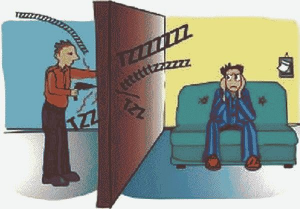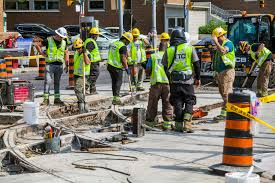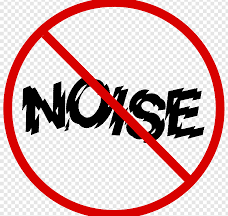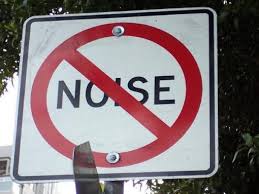 April 2021
April 2021
Urban noise is a problem that can affect our health and sanity. It is a problem in all large cities including Toronto. High-rise buildings increase density and noise both during construction and post occupancy.
Noise does more than impact on sleep. Constant exposure to noise has been linked to cardiovascular problems, high blood pressure, heart attacks, and increased risk of diabetes.
 The World Health Organization noise guidelines are 55 dBA outdoors in daytime and 40 dBA at night. The average noise level for Toronto in 2016 was measured at 62.9 dBA.
The World Health Organization noise guidelines are 55 dBA outdoors in daytime and 40 dBA at night. The average noise level for Toronto in 2016 was measured at 62.9 dBA.
According to Toronto Public Health, nearly 60 percent of noise complaints relate to traffic.
Noise complaints to 311 rank at number six for 2018 with the number of complaints increasing by about 70 percent since 2013. The largest number of 311 noise complaints in 2015 related to construction followed by loud music, animal noise and mechanical noise. Noise complaints arising from in-building activities are made to building management thus excluded from these rankings of calls to 311.
Noise complaints are the result of daily activities that include construction, dogs barking, children playing, beeping from trucks backing up, car engines revving or hot rodding down the street, and boisterous parties on balconies or in parks many of which involve drinking. Residents unable to sleep complain about leaf blowers and local clubs.
 A noise construction bylaw limits construction to 7 am to 7 pm Monday to Friday and Saturday 9 am to 7 pm. Construction projects can apply for exemptions to do work outside these hours.
A noise construction bylaw limits construction to 7 am to 7 pm Monday to Friday and Saturday 9 am to 7 pm. Construction projects can apply for exemptions to do work outside these hours.
Within a condo building noise restrictions, if any, are reflected in condo rules. Enforcement of condo rules is determined by the condo board and building management.







